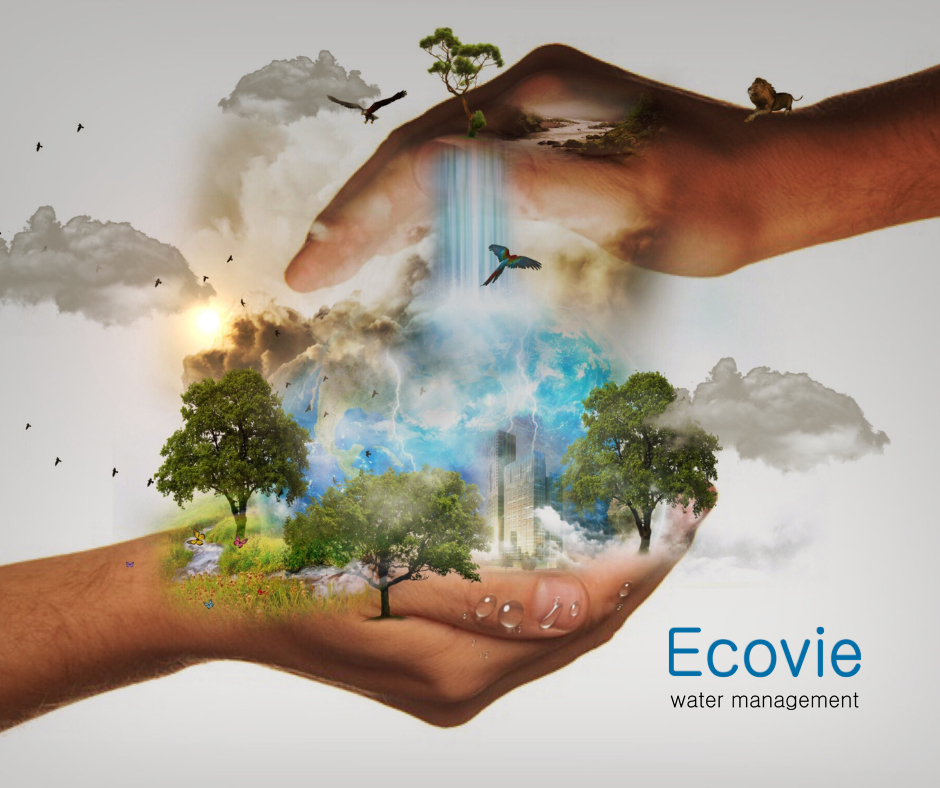Water is a valuable legacy for our future generations! Let’s face the issue of the world water problems. Groundwater makes up nearly all of the world’s fresh water, and as climate change intensifies, it will be even more important for us to collaborate to manage this finite natural resource. Groundwater is a precious resource that is a small but important part of the total water situation. Consider the following figures from the United States Geological Society:
- Oceans contain 97 percent of all the water on the planet.
- Freshwater makes up less than 3% of the world’s water.
- Freshwater is discovered in the ground approximately only 1% of the time.
The groundwater problem exemplifies the global water scarcity issues we confront and the urgency with which we must handle them. According to S&P Global Sustainable1, water stress is the most significant physical risk that businesses will face in the next years. By 2025, two-thirds of the world’s population may experience water shortages, based on current consumption rates.
This isn’t just a theoretical problem. Drought-related low surface water levels are forcing us to rely more on groundwater, which is likewise depleting at alarming rates. Continued global warming, according to the most recent IPPC Report, is expected to exacerbate the global water cycle, including its variability and the intensity of rainy and dry events. The research also warns that the time to solve climate change is fast running out. In other words, we will soon approach a point of no return if we do not act immediately to reduce its impacts.
Another concern that goes unnoticed
To solve the problem of water shortage, we must also consider another part of water consumption that is often overlooked: energy. Pumping groundwater necessitates the use of energy. Energy is also used to heat, cool, and move water.
A good example is a water-stressed environment. California consumes 20% of its electricity and 30% of its non-power plant natural gas only to transport water from one location to another. The state recently passed legislation restricting groundwater use. California’s energy use will be reduced by reducing the amount of water it needs to import from other places. When you save water, you save energy, as this example indicates.


